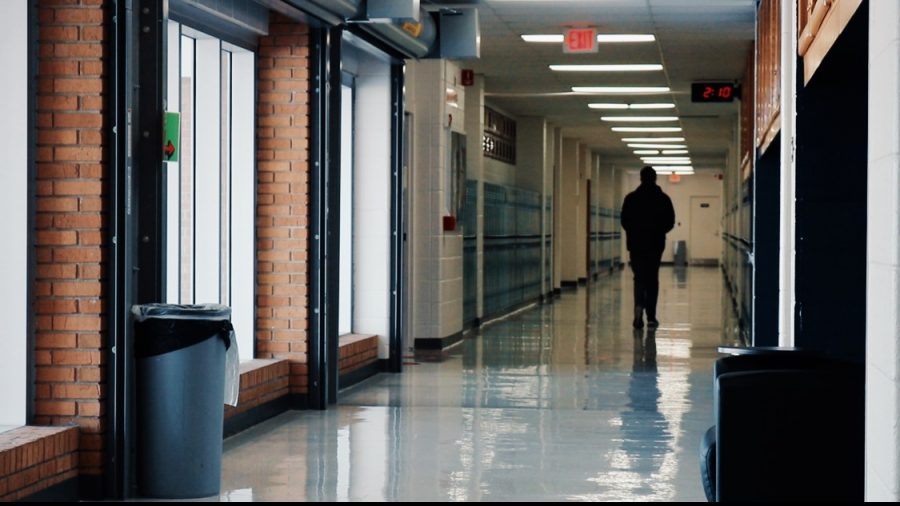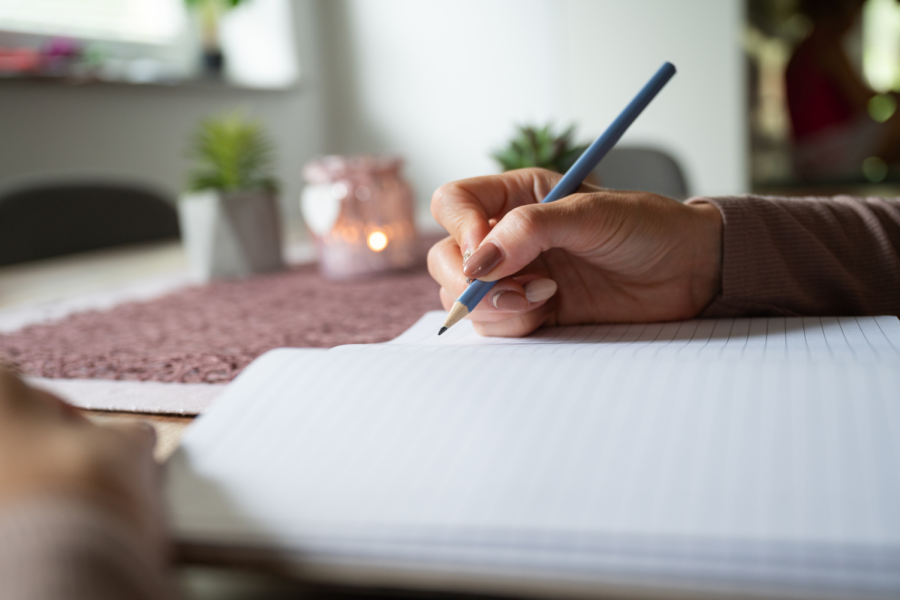We spend about a third of our lives sleeping. That’s a really long time that we could use to become millionaires or celebrities or politicians, but unfortunately, without sleep, the other two-thirds of our life would be impossible. Without sleep… well, we would be dead.
Sleep is vital to our wellbeing. Although it may seem like just a state where we are motionless for some amount of hours, sleep is a very active process that helps restore and repair brain tissue. The pituitary gland within our brains secretes a growth hormone during deep sleep that facilitates the growth and repair of body cells and tissue. In this way, sleep also boosts our immune system. This explains why we are so sleepy when we’re sick.
Along with its many physiological benefits, sleep also has many psychological benefits. Sleep reduces stress, makes you feel better about yourself, and allows you to think clearer. Next time, avoid doing homework when you are drowsy, even if it is due the next day. Sleep first, and in the morning you will find yourself able to finish your homework in half the time it would have taken you if you were sleep deprived.
Obviously, sleep is very important to our lives. It improves our health, mood, and grades. Yet we still miss out on vital hours of rest each night. Contrary to popular belief, we don’t need eight hours of sleep: most of us actually need nine hours each night. Yet, most of us average only six hours of sleep on the weekdays, and end up spending twelve hours in bed on the weekends to try to make up for the lost sleep. When we try to juggle homework, extra-curriculars, and other activities all at once, it is impossible to fit everything in. Clearly, we can get more sleep just by participating in fewer activities (and starting massive projects a week in advance instead of the day before it is due). We can stop wasting time on absurd tasks—cut down on those six-hour Netflix marathons—and instead do what is more important, like studying for that massive biology test.
So what about those of us who cannot easily fall asleep? For all of you insomniacs, have no fear! There are ways to fall asleep quickly which require only small lifestyle adjustments. First of all, you should avoid coffee and chocolate after noon. Even though they are so temptingly delicious, it isn’t worth gorging your sleep-deprived self on pounds of chocolate cake before going to sleep. You can wait until tomorrow; the chocolate cake will still be there (unless your siblings have already found it).
Furthermore, try to sleep on a regular schedule. Sleeping at 10:00 PM on the weekdays and then at 2:00 AM on the weekends will make you more sleep-deprived than if you go to bed at 11:00 PM every day. This regularity will be crucial if you want to feel more rested; maintain a fairly consistent sleep-and-awake cycle throughout the entire week.
Another tip for falling asleep faster is to avoid staring at bright light (such as your laptop or cell phone screens) before going to sleep. Surprisingly enough, artificial light delays sleep. When light hits our eyes, it signals the pineal gland in the brain, which then decreases its production of the sleep-inducing hormone melatonin. This is the reason why we stay awake during the day and sleep during the night: more light means less melatonin, and less melatonin means less sleep.
So turn off those iPhones, stop messaging your friends, and sleep!












